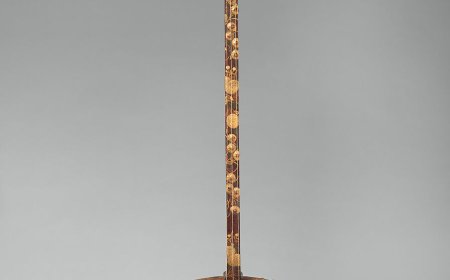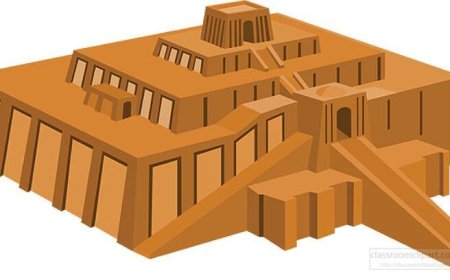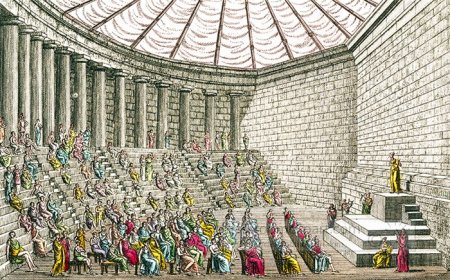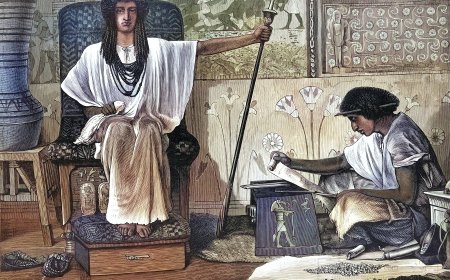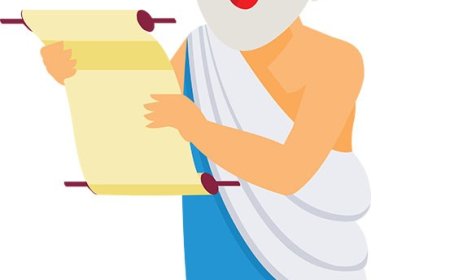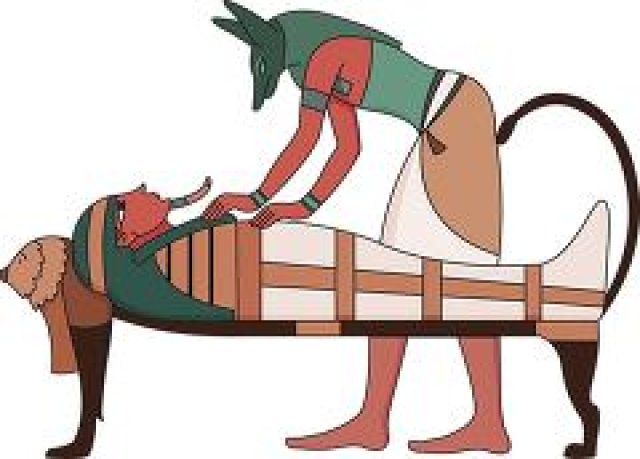Scribes in Ancient Egypt Keepers of Knowledge
Discover the role of scribes in Ancient Egypt trained writers who recorded laws taxes prayers and stories preserving the history of a great civilization
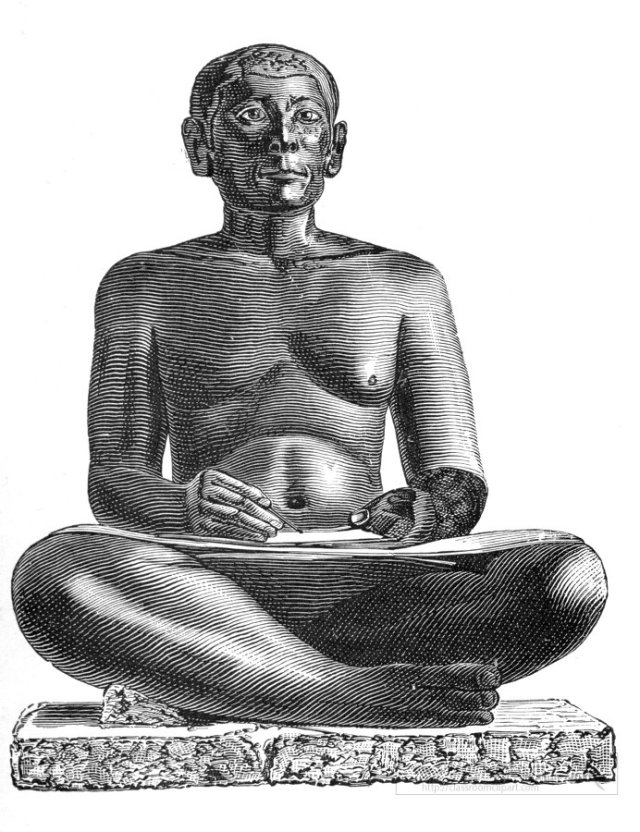
🌟 Introduction
In Ancient Egypt, scribes were among the most important people in society. They were trained to read and write hieroglyphics and hieratic script, skills that very few Egyptians possessed. Because most Egyptians were farmers or workers who could not read, scribes became the keepers of knowledge, writing down everything from taxes and trade to laws and religious texts. They worked closely with pharaohs, priests, and officials, helping to keep Egypt organized and powerful. Without scribes, much of Egypt's history and culture would have been lost.
🔍 What were Scribes in Ancient Egypt?
Scribes were professional writers and record-keepers. They were trained in special schools, often starting as young boys, to memorize hundreds of hieroglyphic symbols. Using brushes and reed pens dipped in ink, scribes wrote on papyrus scrolls. They worked in temples, government offices, and even with the army, recording events and keeping detailed accounts.
🌍 Why were Scribes Important in Ancient Egypt?
Scribes were important because they allowed the government, religion, and economy to function. They recorded harvests, collected taxes, and wrote laws. They also copied prayers, myths, and stories that kept Egyptian religion alive. Since writing was considered a gift from the god Thoth, scribes were highly respected and sometimes became powerful advisors to pharaohs.
🧪 Scribes in Daily Life
Scribes could be found almost everywhere in Egyptian society. In cities, they wrote contracts, letters, and business records. In temples, they copied sacred texts and hymns. During battles, scribes followed the army to record victories and supplies. Even in tombs, scribes painted hieroglyphics on the walls to guide the dead into the afterlife. Their work touched nearly every part of Egyptian life.
📜 Famous Inscriptions by Scribes
-
The Book of the Dead: Copied by scribes on papyrus, it contained spells to help the dead reach the afterlife.
-
The Rosetta Stone: Though written later, it included hieroglyphics likely copied by scribes, helping modern scholars decode the language.
-
Pyramid Texts: The oldest known religious writings, carved into pyramid walls under the direction of scribes.
-
Temple Records: Scribes kept detailed lists of offerings, rituals, and ceremonies performed for the gods.
✨ Fun Facts
-
Scribes did not have to pay taxes, making their job even more desirable.
-
They used black ink for normal writing and red ink for important headings or warnings.
-
A single papyrus scroll could be over 40 feet long.
📌 Key Takeaways
-
Scribes were trained writers and record-keepers in Ancient Egypt.
-
They worked in government, religion, and the military.
-
Without scribes, Egyptian history and culture would not have survived.
🐾 Kid-Friendly Summary
Scribes were Ancient Egypt's writers. They used papyrus and ink to record laws, taxes, stories, and prayers. Because very few people could write, scribes were highly respected and helped keep Egypt running smoothly.
📚 Vocabulary Words
-
Scribe: A trained person who could read and write.
-
Hieratic Script: A simpler form of hieroglyphics used for daily writing.
-
Scroll: A rolled-up piece of papyrus used for writing.
-
Thoth: The Egyptian god of writing and wisdom.
Interactive Quiz: Scribes in Ancient Egypt
-
What was the main job of a scribe?
A) Farming
B) Writing and record-keeping
C) Building pyramids
D) Leading armies -
What material did scribes write on?
A) Clay tablets
B) Wood
C) Papyrus
D) Stone -
Which god was connected to writing and wisdom?
A) Ra
B) Anubis
C) Thoth
D) Osiris -
Why were scribes respected in society?
A) They were great warriors
B) They were rich farmers
C) Few people could read and write
D) They built temples -
What kind of ink did scribes often use for important headings?
A) Blue
B) Red
C) Green
D) Gold





























